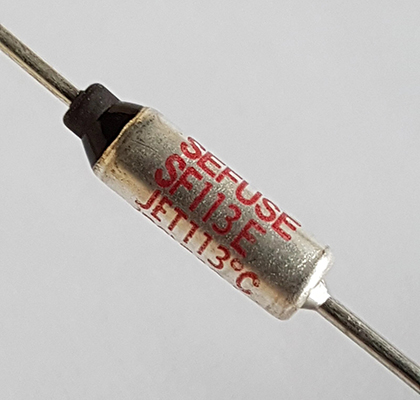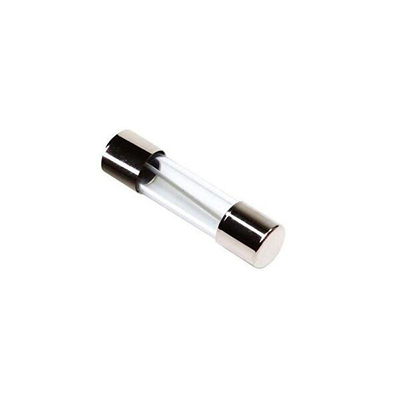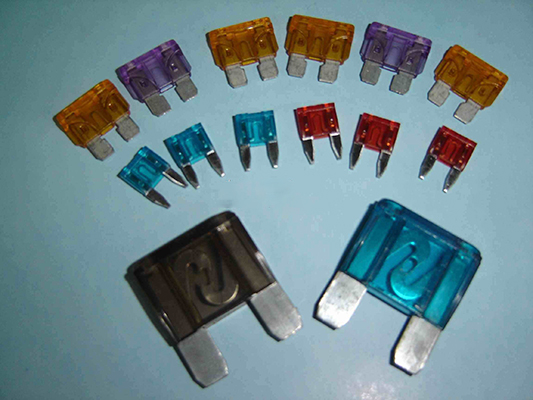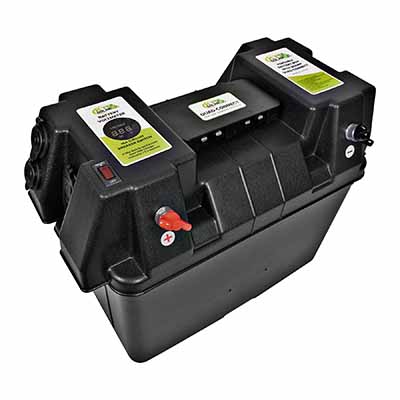Automotive Thermal Fuse for Van Engine Cooling Fan Overheat Protection Parts
News 2025-10-27
In automotive systems, thermal fuses play a vital role in safeguarding engine components against overheating. Specifically for vans, these fuses are integrated into the cooling fan assembly to monitor and respond to excessive temperatures. When heat levels surpass a set point, the fuse interrupts the electrical circuit, halting operation and preventing potential damage to the fan motor or surrounding parts. This protection is crucial for maintaining engine efficiency and longevity, especially in demanding driving conditions where cooling demands are high.

Application Scenarios
Thermal fuses find extensive use in van engine cooling systems, particularly in scenarios involving heavy-duty operations. For example, during prolonged highway drives or when towing loads, the cooling fan faces increased stress, raising the risk of overheating. In urban environments with frequent stops, the fuse ensures reliable protection by activating if temperatures escalate, safeguarding not only the fan but also critical elements like the radiator and coolant lines. This makes thermal fuses indispensable for commercial vans and utility vehicles where reliability is key to avoiding breakdowns.
Performance Advantages
These thermal fuses deliver superior performance through precise temperature sensitivity and robust construction. Engineered for accurate activation at defined thresholds, they provide consistent overheat defense without unnecessary interruptions. Their compact design allows seamless incorporation into tight engine spaces, offering a durable, low-cost alternative to complex electronic controls. By ensuring a single-use failure mode, they encourage proactive maintenance, ultimately enhancing the overall durability and safety of the vehicle’s cooling system in various operational contexts.
Frequently Asked Questions
1. What is the primary role of a thermal fuse in a van’s cooling system?
It cuts off power to the cooling fan when temperatures exceed safe limits, protecting against overheating and component failure.
2. How can I identify if a thermal fuse needs replacement?
Signs include a malfunctioning fan or overheating warnings; a professional should inspect and test the fuse for activation.
3. What materials are typically used in automotive thermal fuses?
They are often made from heat-sensitive alloys and encased in insulating materials to ensure reliable performance under high temperatures.


